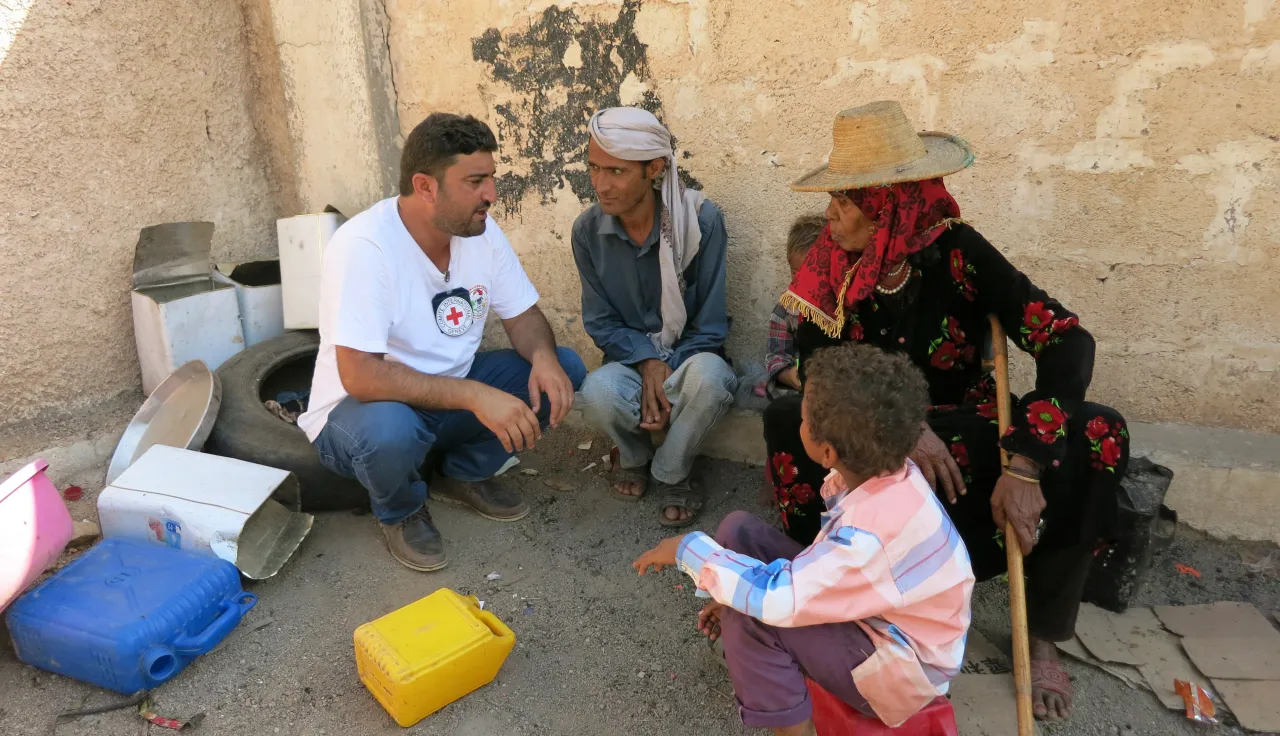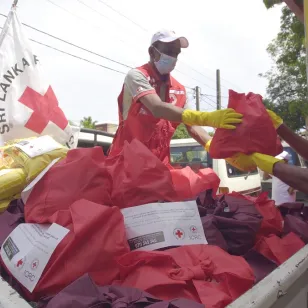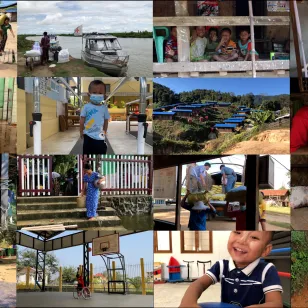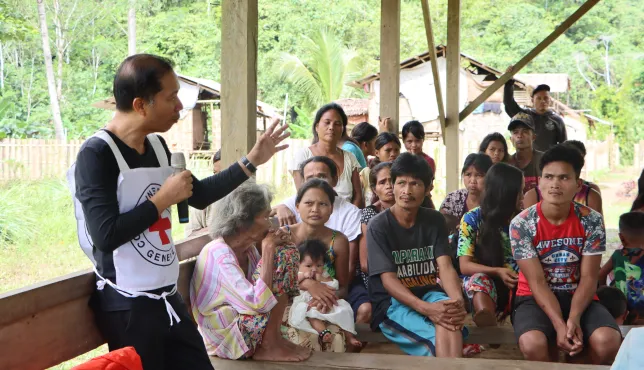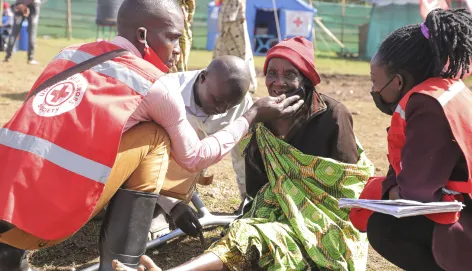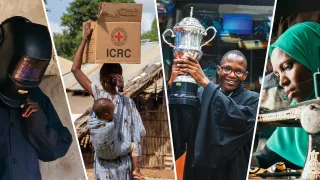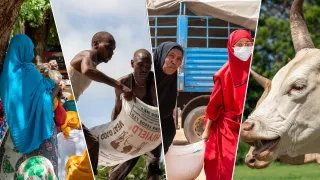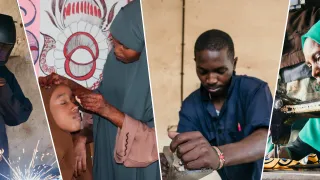Since its founding, the ICRC has put people at the centre of its humanitarian work, which is underpinned by our seven Fundamental Principles and the directive to “do no harm”. Our people-centric approach was formalized in 2018 with the adoption of an institutional framework. The framework sets out a common understanding of what accountability to people affected by violence means across the ICRC, and it defines the key elements of accountability to which our organization is committed.
We aim to ensure that our humanitarian work builds up people’s resilience in situations of vulnerability and crisis, and leads to the best possible outcomes for them. This includes safeguarding people's right to equitable access to assistance (according to their needs, priorities and preferences), their right to information, and their right to participate in and provide feedback on decisions that affect them.
We also pursue technological means of increasing our proximity to people (both digitally and physically) while ensuring their data is protected, in line with the principle of doing no harm.
More information on our approaches to increasing digital proximity can be found in the following publications: How to Use Social Media to Engage with People Affected by Crisis, Humanitarian Futures for Messaging Apps and Using Radio as a Means of Operational Communication and Community Outreach.
To be people-centric, we must recognize diversity within communities – people's experience of armed conflict and their ability to cope with its effects and access the help they need are shaped by their sex, gender, age, any disabilities and other context-specific factors.
To that end, we engaged an independent think tank in 2020 to help us develop a comprehensive approach to inclusive programming that strengthens our relevance and effectiveness, and to define the processes and systems required to implement it.
In June 2020, we adopted Vision 2030 on Disability, which sets a collective goal and related objectives for various ICRC departments to promote greater inclusivity for disabled people, both in our response to armed conflict and other violence and within our organization.
In line with our Code of Conduct, we are committed to preventing sexual exploitation and abuse. It is an ethical and contractual obligation for all ICRC staff and is essential to maintaining the trust of people that we aim to serve.
The commitments outlined in our institutional strategies and policies were developed in line with related initiatives in the humanitarian sector, including but not limited to the Grand Bargain Participation Revolution and the Global Disability Summit.
As part of our response to the coronavirus pandemic in 2020, we bolstered our efforts to engage with communities, particularly to prevent the spread of disease and ensure that already-marginalized people were included in our response and would not be left further behind.

